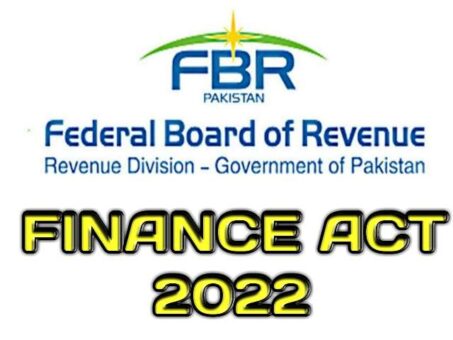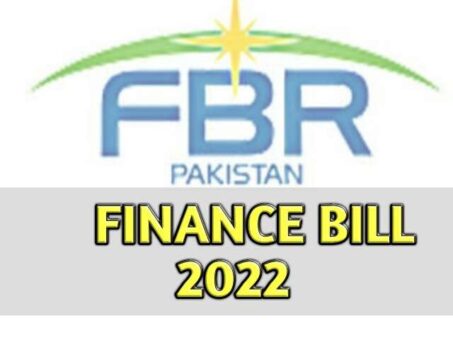ISLAMABAD: Small retailers or a shopkeepers have to pay double the amount of fixed tax in case of not appearing on the Active Taxpayers List (ATL).
The federal government through the Finance Bill, 2022 introduced a scheme of fixed tax for small retailers.
However, the National Assembly approved the bill with certain changes in the fixed tax regime. The Finance Act, 2022 now has binding on the small retailer to register themselves with the tax department and appear on the Active Taxpayers list (ATL) in order to avail the fixed tax facility.
READ MORE: Tampering PSW data to attract 4-year jail sentence
Otherwise, in case of not appearing on the ATL, the small retailer is required to pay one hundred per cent more on the amount of fixed tax.
In order to collect the tax under this regime, the government decided to recover the amount through electricity bill.
In this regard certain amendments have been made to Sales Tax Act, 1990 and Income Tax Ordinance, 2001.
READ MORE: NA approves levy on petroleum products up to Rs50/liter
In sub section 9, Section 3 of Sales Tax Act, 1990, a new proviso has been inserted through the Finance Act, 2022, which stated:
“Provided that the above rates of tax shall be increased by one hundred percent if the name of the person is not appearing in the Active Taxpayers List issued by the Board under section 181A of the Income Tax Ordinance, 2001 on the date of issuance of monthly electricity bill.”
Similarly, a new Section 99A has been inserted to the Income Tax Ordinance, 2001 and approved through the Finance Act, 2022, which is as follow:
READ MORE: All tax proposals of IT sector accepted: FBR
“99A. Special provisions relating to payment of tax through electricity connections.
(1) Notwithstanding anything contained in the Ordinance, a tax shall be charged and collected from retailers other than Tier-I retailers as defined in Sales Tax Act, 1990 (VII of 1990) and specified service providers on commercial electricity connections at the rates provided in clause (2A) of Division IV, Part IV of the First Schedule.
(2) A retailer who has paid sales tax under sub-section (9) of section 3 of Sales Tax Act, 1990 (VII of 1990), shall not be required to pay tax under this section and the sales tax so paid shall constitute discharge of tax liability under this section.
(3) The tax collected or paid under this section shall be final tax on the income of persons covered under this section in respect of business being carried out from the premises where the electricity connection is installed.
(4) For the purposes of this section, Board with the approval of the Minister in-charge may issue an income tax general order to-
(a) provide the scope, time, payment, recovery, penalty, default surcharge, adjustment or refund of tax payable under this section in such manner and with such conditions as may be specified.
(b) provide record keeping, filing of return, statement and assessment in such manner and with such conditions as may be specified;
READ MORE: Pakistan’s salaried class unhappy over new tax changes
(c) provide mechanism of collection, deduction and payment of tax in respect of any person; or
(d) include or exempt any person or classes of persons, any income or classes of income from the application of this section, in such manner and with such conditions as may be specified.”
The rate of tax leviable under section (99A), and collectable under sub section (1A) of Section 235 shall be as under:-
| Gross amount of monthly bill | Tax |
| Where the amount does not exceed Rs. 30,000 | Rs. 3000 |
| Where the amount exceeds Rs. 30,000 but does not exceed Rs. 50,000 | Rs. 5000 |
| Where the amount exceeds Rs. 50,000 but doesnot exceed Rs. 100,000 | Rs. 10,000 |
| Specified retailers and service providers through Income Tax General Order | Rs.50,000 |




